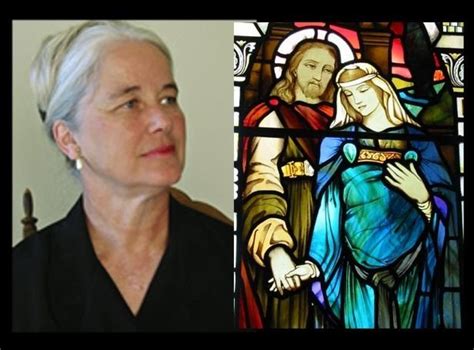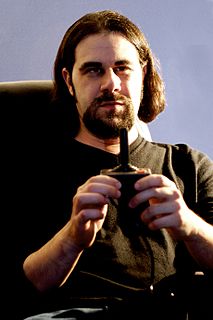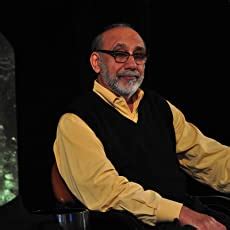A Quote by Lenny Abrahamson
I was interested in the narrative of how we nurture our elite in this society: all that stuff about believing in yourself and not accepting second best. Our inner world is at odds with that.
Related Quotes
I'm interested in the parallel narrative of our fantasy lives. How the moment of 'now' that is palpably real, is surrounded by our memories, our dreams and hopes, the stories and connections that our brains make as we navigate a universe of fantasy, or unreality, or surreality. I'm keen to explore this very human experience, how our minds create our own realities, a blend of fact and interpretation of fact.
Yes I can list all sorts of organizational forms and cultural issues that can get in the way of our accessing our inner creativity and bringing it out in our world. And we can use all kinds of approaches that can transform the organization. But unless we have developed a sense of our Self (who we are at core, at our highest) and our Work (the purpose of our existence, the gift that we have to give to the world) and use that to deal with the inner obstacle, we can't sustain creativity in the face of the chaos of the world.
At the end of the day, the only thing I ever wanted to feel was loved. So I think if I could give someone a piece of advice, it's really learn how to be kind to yourself. In all of our ugliness and all of our brokenness and our bad choices, to really learn to nurture that part of yourself that can be your own big sister in a way.
We're stuck in these situations with other people and our stuff and our jobs, and thinking that we can extract ourselves from those seems doomed to me. Instead, how can we live within those systems of constraints? We don't have to enjoy them, exactly, but at least acknowledge that those boundaries are real and that they structure our response to the world. And then once you do that, you allow yourself to say "I did my best given the circumstances."
In very clear and available language, this book details how to recognize the inner critic and how to deal effectively with it. Byron Brown's presentation is useful for any individual who wishes to be free from the inner suffering and coercion of this ancient foe of our humanity, but it is specifically directed to those interested and engaged in the inner journey toward realization and enlightenment.
When human beings lose their connection to nature, to heaven and earth, then they do not know how to nurture their environmect or how to rule their world - which is saying the same thing. Human beings destroy their ecology at the same time that they destroy one another. From that perspective, healing our society goes hand in hand with healing our personal, elemental connection with the phenomenal world.






































